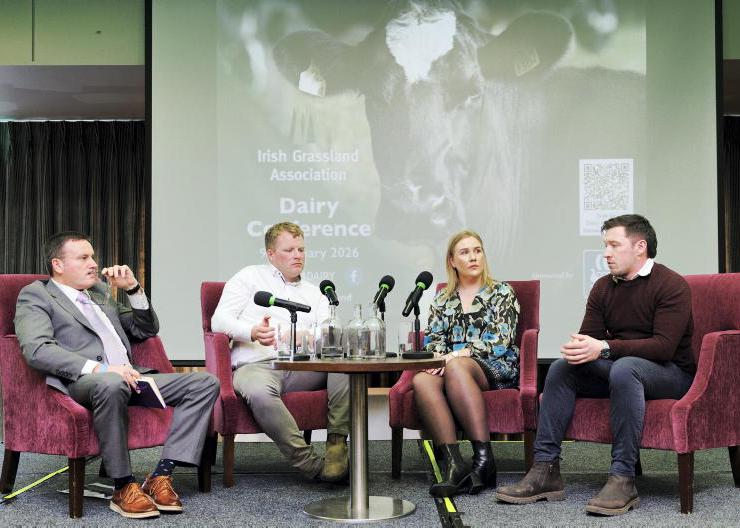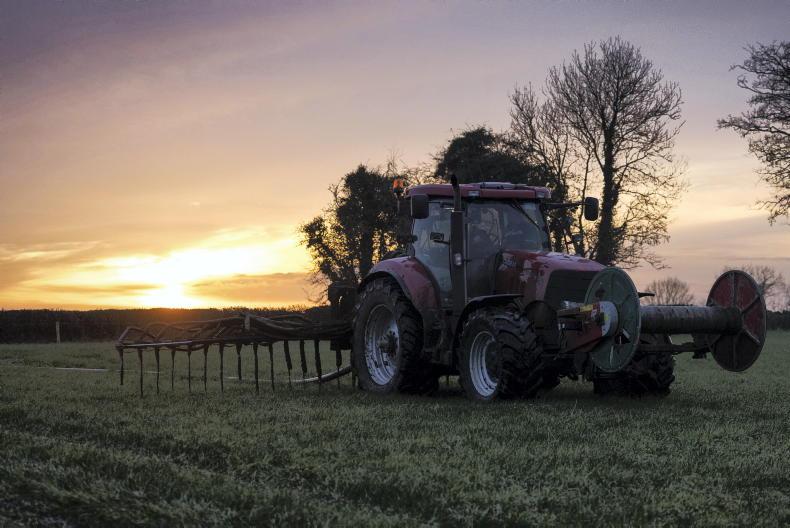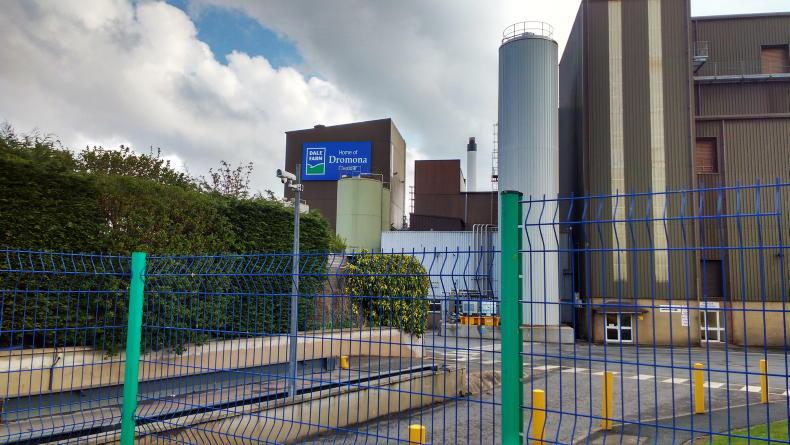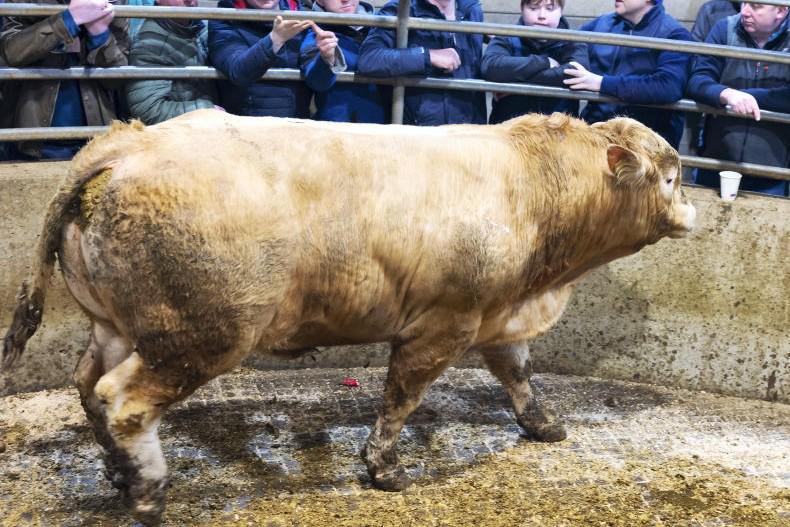Farmers are facing higher feed bills as merchants and co-ops report carrying significantly higher credit after tough weather condition in 2018 saw increased feed costs.
Offaly-based agribusiness John Grennan and Sons, said that credit was “up by about a third compared to this time last year”.
John Grennan said the company is happy that farmers are willing to pay back their debts but raised concerns over the current high numbers of cattle being processed in factories and the damage it is doing to beef margins.
“We have men who would have cattle to sell to the factory in December to pay down their debts but couldn’t move them,” John Grennan said.
Cashflow pressure
James Brett of Brett Brothers Animal Feed Supplier in Kilkenny also said that farmers had been under cashflow pressure and that credit levels were up by at least 20% at the end of 2018 across all livestock sectors.
“Cash collection in October, November and December was excellent,” Brett said, which would indicate that farmers were able to use the BPS to repay some of their debts.
Liffey Mills stated that credit was up by roughly 18%, but managing director Pat Ryan pointed out that farmers were making inroads on payments and the figure had come down from 25%.
Dairygold stated that its farm credit levels were 20% higher at the end of 2018. Glanbia and Aurivo also confirmed that their credit levels had increased.
Bank overdrafts
Bank of Ireland, AIB and Ulster Bank all said that while they were aware of the effect 2018 had had on farm incomes they had not seen a significant increase in the use of farm overdraft facilities.
However, Bank of Ireland stated that it had seen a number of loan applications for its Fodder Support Fund, with 700 loans issued between September and December last year.
Ulster Bank said that the receipt of BPS payments in December left farmers’ accounts in “a stronger position coming into the new year”, but added that any farmer concerned about their finances should approach the bank for help as soon as possible.
Read more
Higher feed bills add to on-farm pressures
Ulster Bank sets aside €15m for drought-stricken farmers
Farmers are facing higher feed bills as merchants and co-ops report carrying significantly higher credit after tough weather condition in 2018 saw increased feed costs.
Offaly-based agribusiness John Grennan and Sons, said that credit was “up by about a third compared to this time last year”.
John Grennan said the company is happy that farmers are willing to pay back their debts but raised concerns over the current high numbers of cattle being processed in factories and the damage it is doing to beef margins.
“We have men who would have cattle to sell to the factory in December to pay down their debts but couldn’t move them,” John Grennan said.
Cashflow pressure
James Brett of Brett Brothers Animal Feed Supplier in Kilkenny also said that farmers had been under cashflow pressure and that credit levels were up by at least 20% at the end of 2018 across all livestock sectors.
“Cash collection in October, November and December was excellent,” Brett said, which would indicate that farmers were able to use the BPS to repay some of their debts.
Liffey Mills stated that credit was up by roughly 18%, but managing director Pat Ryan pointed out that farmers were making inroads on payments and the figure had come down from 25%.
Dairygold stated that its farm credit levels were 20% higher at the end of 2018. Glanbia and Aurivo also confirmed that their credit levels had increased.
Bank overdrafts
Bank of Ireland, AIB and Ulster Bank all said that while they were aware of the effect 2018 had had on farm incomes they had not seen a significant increase in the use of farm overdraft facilities.
However, Bank of Ireland stated that it had seen a number of loan applications for its Fodder Support Fund, with 700 loans issued between September and December last year.
Ulster Bank said that the receipt of BPS payments in December left farmers’ accounts in “a stronger position coming into the new year”, but added that any farmer concerned about their finances should approach the bank for help as soon as possible.
Read more
Higher feed bills add to on-farm pressures
Ulster Bank sets aside €15m for drought-stricken farmers









SHARING OPTIONS